detail profile jorge drexler

Riwayat Hidup
Jorge Drexler is a Uruguayan composer and singer with a long professional career linked to music and the arts.
During his more than 30-year career he has recorded fourteen studio albums and has given concerts all over the world.
A doctor by training, in 1995 he decided to leave behind his life in Uruguay and move to Spain to devote himself entirely to music and composition.
Throughout his career, his work has been awarded with an Oscar for "Al otro lado del río" (2005) -Best Original Song, being the first in non-English language to win this award- thirteen Latin Grammys (2014, 2018, 2021 and 2022), a Goya Award (2011) and a Biznaga de Plata, among other recognitions.
Info Pribadi
Peran Yang Di Mainkan Jorge Drexler
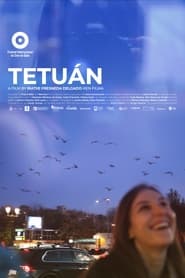 Based on reallife personal experiences Iratxe...
Based on reallife personal experiences Iratxe...Tetuán 2022
Based on real-life personal experiences, Iratxe Fresneda takes us on a personal journey where past and present blend in a stunningly sensorial visual experience; from the calm shores of the Danube to the hectic life of Madrid, four interlaced stories converge and get lost in the mysteries of Tetuán.
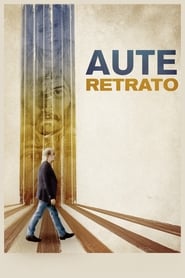 A journey through the different creative...
A journey through the different creative...Aute retrato 2019
A journey through the different creative facets of Luis Eduardo Aute: singer and songwriter, painter, poet, filmmaker. Collaborators and friends tell the life of this total artist and reveal the impact his work has had in the past, has in the present and will have in the future.
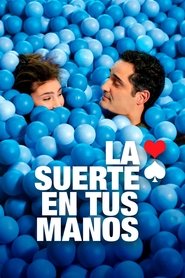 A professional poker player seeks out...
A professional poker player seeks out...La Suerte en tus Manos 2012
A professional poker player seeks out an old flame after his marriage fizzles.
 Jorge Drexler undertakes a short tour...
Jorge Drexler undertakes a short tour...This Very Instant 2009
Jorge Drexler undertakes a short tour in late 2007.
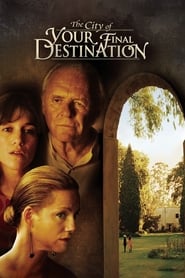 28yearold Kansas University doctoral student Omar...
28yearold Kansas University doctoral student Omar...The City of Your Final Destination 2009
28-year-old Kansas University doctoral student Omar Razaghi wins a grant to write a biography of Latin American writer Jules Gund. Omar must get through to three people who were close to Gund – his brother, widow, and younger mistress – so he can get authorization to write the biography.
 Through the memories and confessions of...
Through the memories and confessions of...Hit 2008
Through the memories and confessions of some of the most important names in Uruguayan music, the film brings back to life the stories of the songs that defined a country and that, in some cases, helped change history.
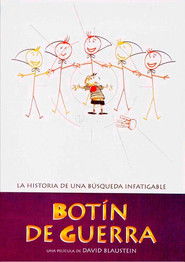 Botn de guerra focuses on the...
Botn de guerra focuses on the...Spoils of War 2000
Botín de guerra focuses on the history of the birth and growth of the Abuelas de Plaza de Mayo association, along with the frightening socio-political phenomenon that gave them raison d'être: the systematic appropriation of the children of detainees disappeared by the Argentine dictatorship between the years 1976/1983, which after kidnapping, torturing, and murdering the parents, gave their babies for adoption.
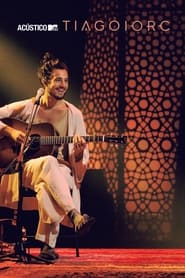
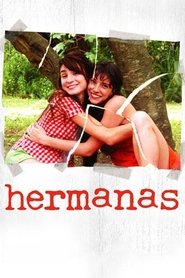 Argentinian sisters Elena and Natalia who...
Argentinian sisters Elena and Natalia who...